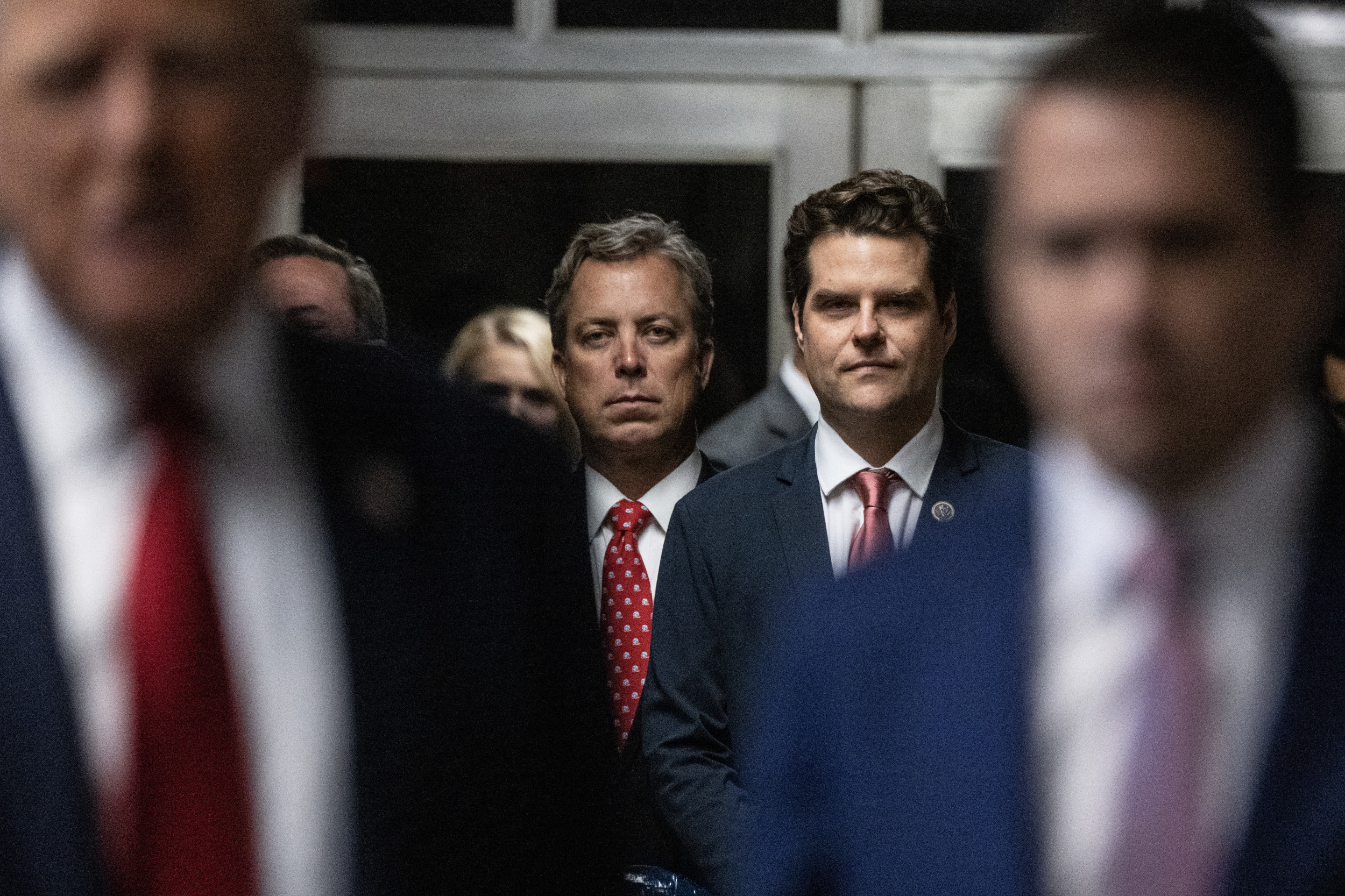Taiwan's President Tsai Ing-wen said on Tuesday that peace was "the only option" in her country's relations with China.
"Peace is the only option for both sides of the Taiwan Strait. Maintaining the status quo as the greatest common denominator for all parties is the key to ensuring peace," said Tsai said in an address to mark the National Day of Taiwan's Republic of China government.
Taiwan has long been coveted by leaders of the People's Republic of China across the strait; the Communist Party has never ruled the island but continues to claim it as part of Chinese territory.
Tsai urged Beijing not to upend the decades-long status quo, and to settle political differences with Taipei in a peaceful manner.
"The world has realized that peace and stability across the Taiwan Strait are indispensable elements for the security and prosperity of the international community," she said. "No party can unilaterally change the status quo; cross-strait differences must be resolved through peaceful means."
Tsai's presidency witnessed a heightened phase of cross-strait tensions, which came to a head during former U.S. House Speaker Nancy Pelosi's (D-CA) visit to Taipei in 2022. During the historic Pelosi visit—the first by a sitting House speaker in a quarter century—the People's Liberation Army simulated an encirclement of Taiwan.
Tsai has repeatedly called for talks with Beijing while rejecting outright its sovereignty claims. China's leaders have offered few, if any, credible alternatives to advance their goal of achieving a political union between the two sides.
Taipei and Beijing have not held a single round of substantive political talks since Tsai's election in 2016. The Taiwanese leader said relations with China would continue to be guided by the public's consensus.
"We are willing to develop a mutually acceptable format of interaction and a peaceful way of coexistence with the Beijing authorities based on Taiwan's public opinion consensus, and on the premise of reciprocal dignity, the procedure of democratic dialogue, and the core of maintaining the status quo," she said.

In her speech in Taipei, Tsai touted the "rock-solid" U.S.-Taiwan relationship and the island nation's elevated international status in recent years.
The United States has been, and remains, Taiwan's strongest international backer as well as its main arms supplier. In August, U.S. President Joe Biden signed into law a bilateral trade agreement that promised to further boost economic ties with Taiwan, among America's top 10 trading partners.
Taiwan's economy still leans heavily on neighboring China for exports and investments, accounting for at least a third of its annual trade, according to various estimates. This dependence has steadily decreased under Tsai, who has pivoted toward South Asia, Southeast Asia and Europe.
"Through these efforts, we have also reduced our overreliance on a single market," Tsai said.
Tsai has won praise at home and abroad for raising Taiwan's international stature during her presidency. Long-term public opinion surveys also returned the highest approval for her national defense and foreign polcy work.
However, with Taiwan's presidential and parliamentary polls less than 100 days away, Tsai's party still faces significant opposition over the state of the economy, stagnating wages and inflated housing costs, among other domestic issues.
Tsai acknowledged "some unsatisfactory areas" of governance in the past years.
Taiwan's current vice president, Lai Ching-te, remains ahead in the polls. A win for Lai next January would mark the first time since Taiwan's democratization that a ruling party has remained in power for a third consecutive term.
Uncommon Knowledge
Newsweek is committed to challenging conventional wisdom and finding connections in the search for common ground.
Newsweek is committed to challenging conventional wisdom and finding connections in the search for common ground.
About the writer
Aadil Brar is a reporter for Newsweek based in Taipei, Taiwan. He covers international security, U.S.-China relations, and East Asian ... Read more





